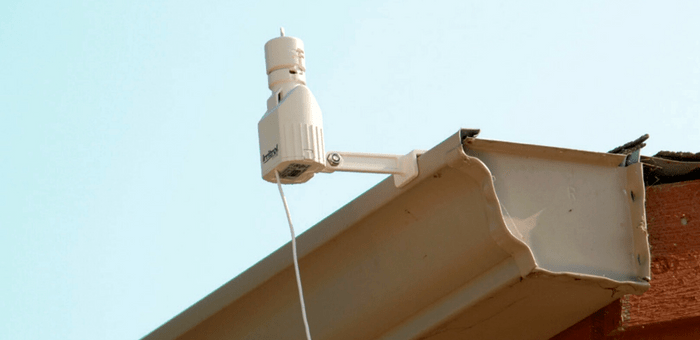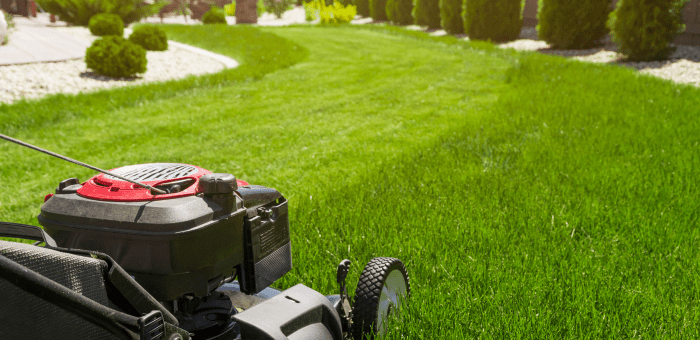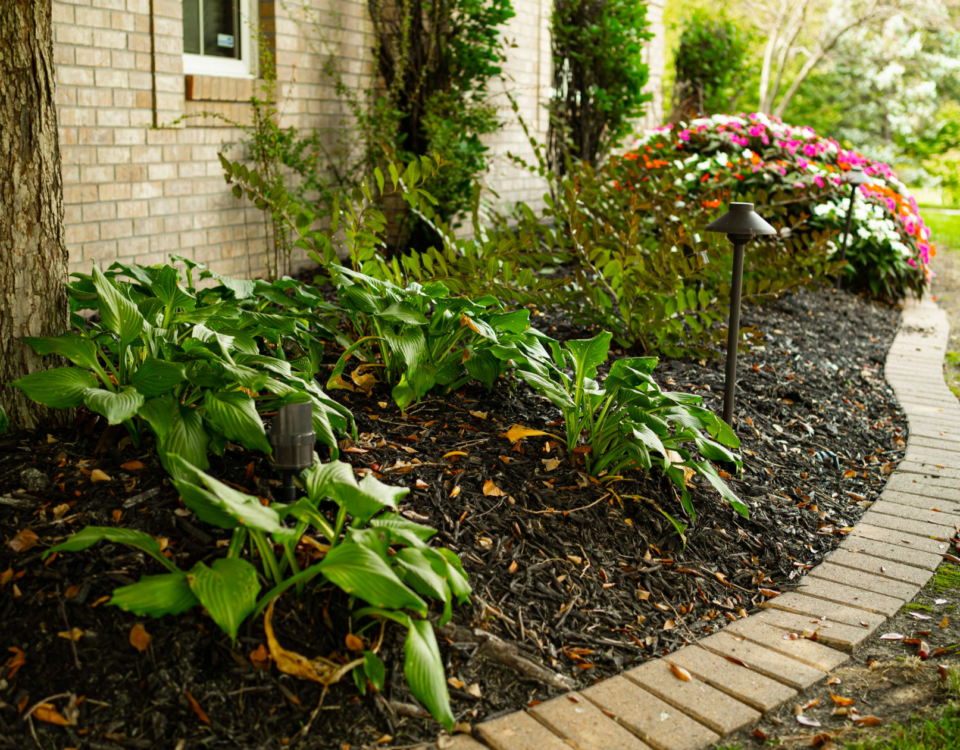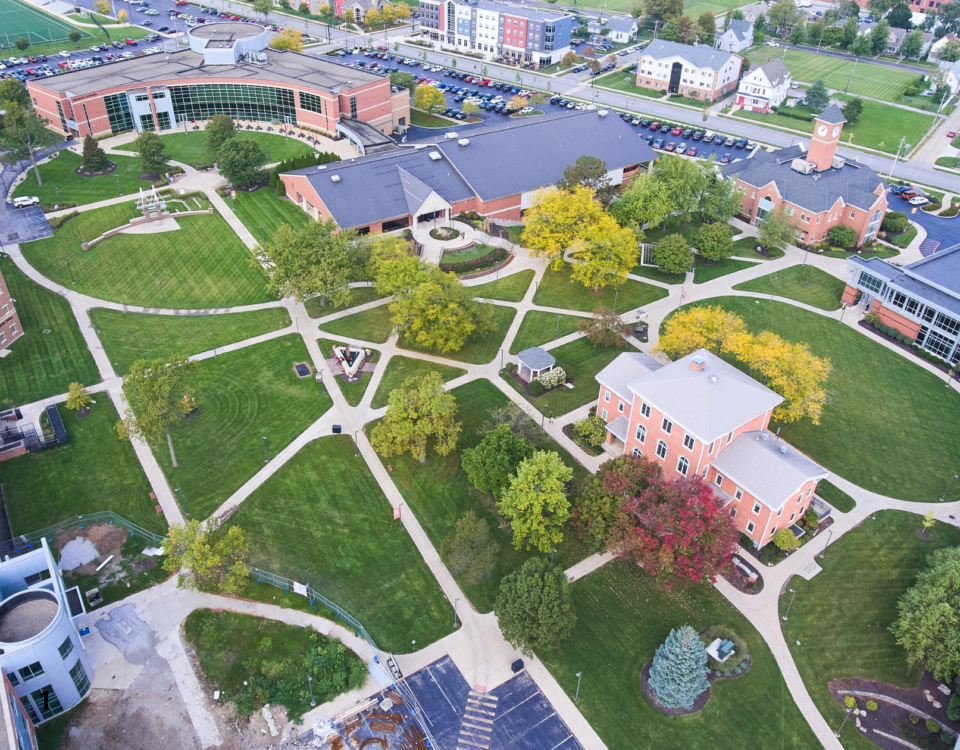
Save Money & Time With Rain Sensors
March 1, 2023
A Guide to Taking Care of Outdoor Potted Plants
May 15, 2023A well-maintained lawn is not only visually appealing but also increases the value of your property. The type of grass you have can significantly impact the overall look and health of your lawn, especially when it comes to its watering needs. While most people may not give much thought to the types of grass around them, understanding the different varieties can be useful for homeowners, landscapers, and gardeners alike.
A Look at Common Grass Types
A lush, green lawn is a dream for many homeowners, but choosing the right type of grass for your climate can make all the difference in achieving that goal. Grass is generally categorized into two types: cool-season and warm-season. Understanding the differences between these grass types can help you choose the right one for your lawn and ensure it thrives in your local climate.
Cool-season grasses, as the name suggests, thrive in cooler temperatures and are typically found in regions with cold winters and mild summers. They grow actively in the spring and fall and go dormant in the heat of summer. Some common cool-season grasses include Kentucky Bluegrass, Fescue, and Ryegrass. These grasses are ideal for lawns in northern regions, such as the Northeast and Midwest, where temperatures often drop below freezing in the winter.
On the other hand, warm-season grasses are better suited for areas with hot summers and mild winters. They grow most actively in the summer months and go dormant in the cooler winter months. Some common warm-season grasses include Bermuda grass, Zoysia grass, and centipede grass. These grasses are ideal for lawns in southern regions, such as the Southeast and Southwest, where temperatures often remain warm throughout the year.
When choosing the right type of grass for your lawn, it’s important to consider the climate in your area. While it’s possible to grow both cool-season and warm-season grasses in other regions, they may require more maintenance to survive in those conditions. It’s also important to consider factors such as sunlight, soil type, and water availability, as these can all affect the growth and health of your lawn.
Maintenance
In terms of maintenance, cool-season grasses require more attention in the fall and spring when they are actively growing. They also require regular watering and fertilization throughout the growing season to ensure they stay healthy. Warm-season grasses, on the other hand, require more attention in the summer when they are most active. They are also more drought-tolerant than cool-season grasses, meaning they require less water overall.
Omaha and its neighboring towns experience a temperate climate with cold winters and hot summers. As such, the best grass types for this region are cool-season grasses that are tolerant of both heat and cold. Kentucky Bluegrass and fine fescue are both popular choices for lawns in Omaha, as they are able to withstand the region’s climate and provide a lush, green lawn. Tall fescue is also a good option, as it is drought-tolerant and can withstand the region’s hot summers. Ultimately, the best grass type for your lawn will depend on factors such as sunlight, soil type, and water availability, so it’s important to consult with a lawn care professional to determine the best fit for your specific needs.
If you want to achieve a beautiful and healthy lawn, it all starts with understanding your soil type and choosing the right grass for your property. At SunCo, our lawn care experts can help you with both. Give us a call today to schedule a consultation and learn about your soil type, find the best grass for your property, and get helpful tips to grow a lush, green lawn.





